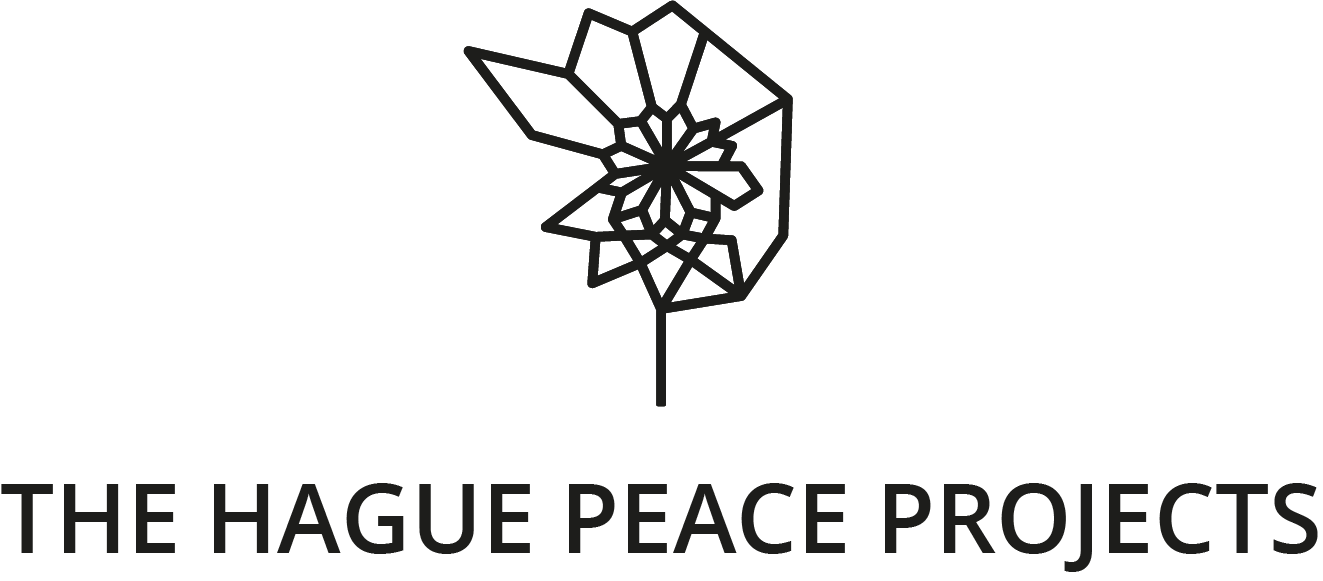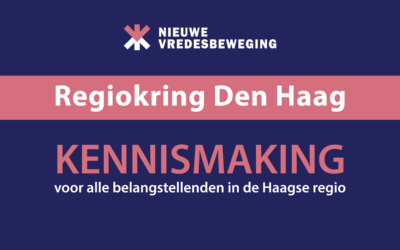Who are the True Victims of the IP Conflict?
I have previously spoken about the conflict between Human Rights and Intellectual Property Rights and stressed the need for a more balanced approach. In this article, I focus on how Traditional Knowledge (TK) is being misused within the Intellectual Property (IP) realm and how this is destroying the livelihood of some poor communities in developing countries. I contend that justice can only be achieved by prioritizing human rights over financial gains. To that end, we need to give back the proprietary rights of traditional knowledge to the true owners and facilitate the equitable sharing of its commercial benefits.
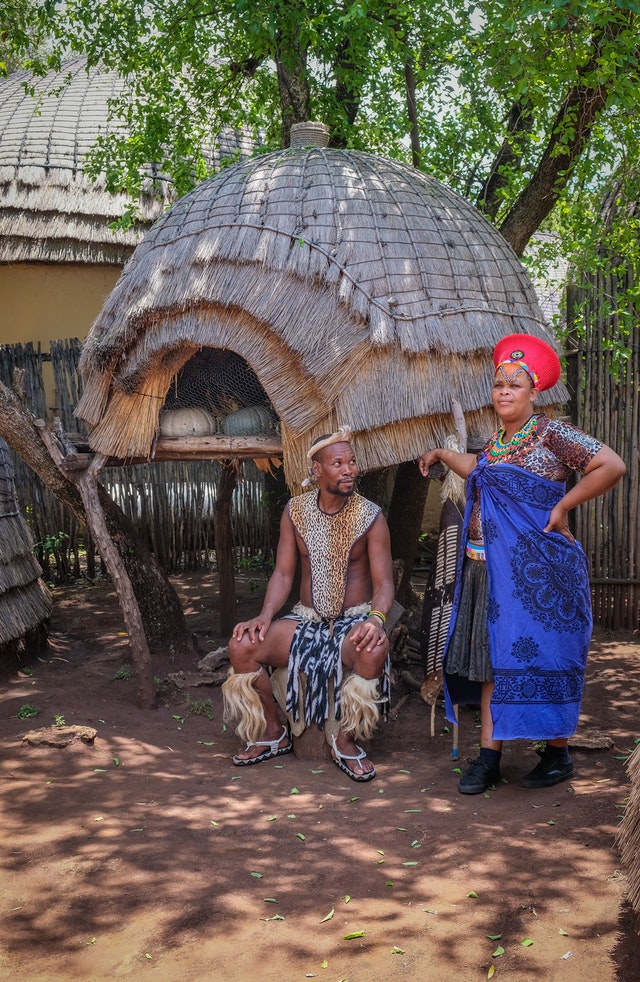
What is Traditional Knowledge?
Traditional Knowledge is knowledge that has been passed from one generation to another, typically through oral teachings and practice. Written records of these practices are rare and such knowledge is held within the collective memory of a community and is constantly evolving. The cultural and the spiritual identity of many ancient communities are rooted deep within their traditional knowledge which may even be considered sacred. A key feature of TK is that there are no owners and the original innovator/s of said tradition is a mystery. Instead, there are custodians in every generation who preserve it for the benefit of the whole community (Kariuki, 2019).
Traditional Knowledge is knowledge that has been passed from one generation to another
Traditional knowledge is known to exist within the native communities of countries that are predominantly non-western in nature. TK involves respect not only towards the people of its community but is also considered as an obligation towards nature. To that end, some TK may also be kept under secrecy to avoid misuse (Kariuki 2019).
Traditional Knowledge as an Intellectual Property Concern
80% of our world still depends on Traditional Knowledge to for healthcare (WHO, 2014). In recent years, an increased use of natural products in the biotechnology, pharmaceutical and health care sectors have refuelled interest in TK and its associated genetic resources.
Other industries also look to using TK to improve their technology or better understand the underlying science. Because of the increased interest in TK and its potential benefits, further clashes between Intellectual Property Law and Human Rights have emerged. The key international forum through which IP law is enforced is the World Trade Organization (WTO) using the agreement on Trade Related Aspects of Intellectual Property Rights (TRIPS) which abstractly touches upon the preservation of TK.
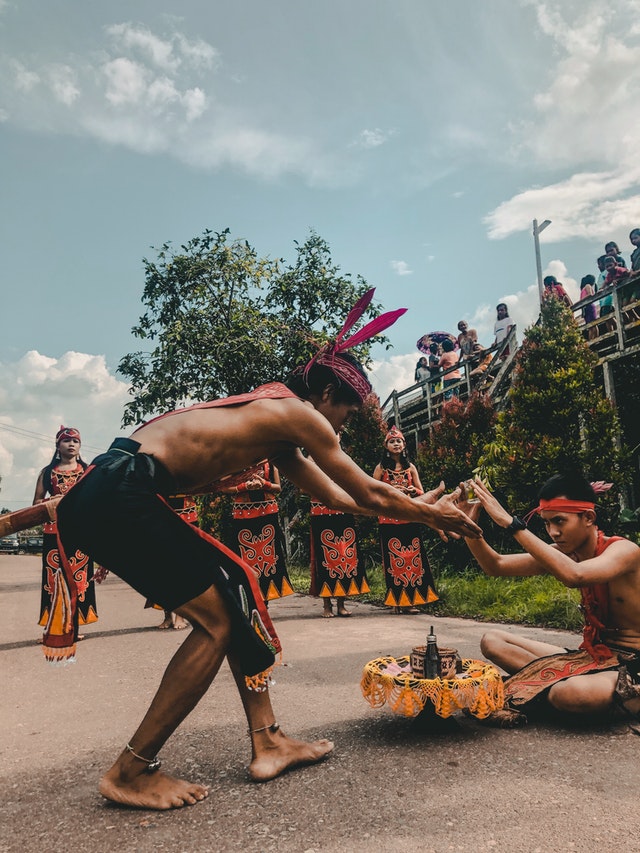
While Intellectual Property law is based on ownership, monopoly and treating information as a commodity from which to derive commercial gains, traditional knowledge is founded on a completely opposing philosophy.
The conflict between modern capitalistic thinking and traditional approaches has manifested in multiple ways with indigenous communities frequently finding themselves on the losing side. Private corporations have been known to blatantly misappropriate TK for their own economic gain by patenting or obtaining trademarks and consequently depriving the TK owners of any benefits or even control over their own practices.
While Intellectual Property law is based on ownership, traditional knowledge is founded on a completely opposing philosophy
When the communities try to fight back through legal channels, the burden of proof falls on the complainant as communities are required to show documentation or written records as proof of ownership, which often do not exist. To circumvent such complaints, corporations may simply make small tweaks to TK to satisfy the ‘novelty’ requirement for patentability. And if the IP right is obtained in a jurisdiction different from where the TK hails, then legal recourse may be problematic. The loss of TK or its related economic and other benefits can debilitate people of poor communities, destroy their eco-systems, and even diminish the growth and development of entire nations.
Means to Safeguarding Traditional Knowledge within Intellectual Property Domain
The commercial value that can be derived from TK provides a tremendous socio-economic growth opportunity to developing and least-developing countries (CIEL, 2007). And so, in return for IP protection for innovations from developed nations, the developing nations have rightfully started to demand protection of their own intangible Traditional Knowledge (Kariuki, 2019). The World Intellectual Property Organization’s (WIPO) Intergovernmental Committee on Intellectual Property and Genetic Resources, Traditional Knowledge and Folklore (IGC) created in 2000 is one of the key forums dedicated toward the development of an international legal mechanism for the effective protection of TK under the IP umbrella.
There are two fundamental approaches to the protection of TK within the IP System- Defensive and Offensive (Kariuki, 2019). The offensive approach provides the TK holders with many platforms to bring forth their grievances in the event of IP misappropriation. Some examples of this offensive strategy are given below.
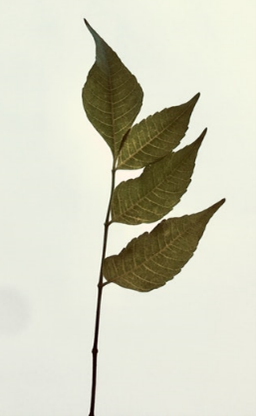
Neem: For over 4000 years, the neem plant endemic to south-east Asia has been used domestically in medicine and other industries. Neem seeds were imported into the United States in 1971 and have since been widely used in the US, Europe, and Japan.
Its use in a pesticide emulsion was patented by the corporation WR Grace in the US Patent and Trademark Office in 1992, who thereafter proceeded to sue Indian corporations for infringement. The issue attracted the attention of Human Rights groups and NGOs in India who initiated the “Neem campaign” and challenged the patent on TK grounds. A landmark decision in 1997 led to the rejection of the patent application at the European Patent Office (Tarunika, 2018).
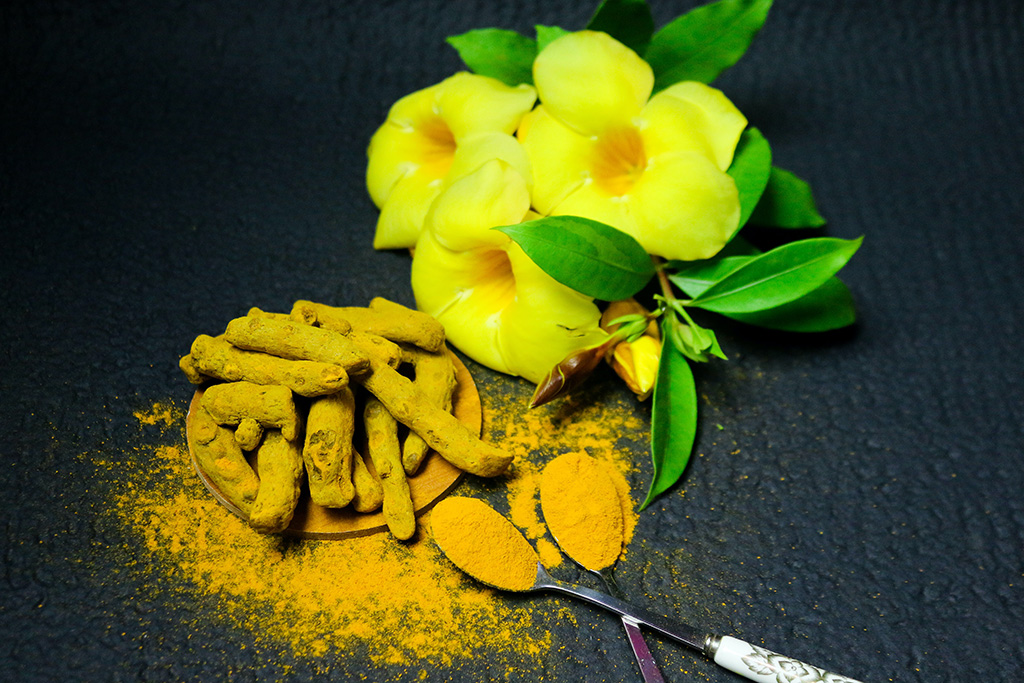
Turmeric: In 1995, a US Patent was awarded for the use of turmeric in wound healing. The Council of Scientific and Industrial Research of India (CSIR) challenged the patent claiming TK of turmeric. Documentary evidence in the form of a 1953 newspaper and some Sanskrit texts enabled the revocation of the patent (Tarunika, 2018, and WIPO Brief).
Basmati Rice: Basmati Rice is native to India and Pakistan and nearly 80% of India’s Basmati is exported, Although WTO does not allow members to patent plant variety protection, the US allows it and in 1997, Ricetec was conferred the US patent. This allowed the company to possess the exclusive right to control the production and import of Basmati rice in the US market, which negatively affected the import from India and Pakistan.
The loss in livelihood of many farming communities became a subject of human rights and a three-year legal battle between the Indian Government and Ricetec ensued. It resulted in the revocation of 15 of 20 claims by Ricetec who were also required to drop the use of the name Basmati which was held as specific to fragrant rice variety from South-Asia (Goldfinger, 2007).
The loss in livelihood of many farming communities became a subject of human rights
The above examples have served as a lesson to many developing nations and exposed the challenges of taking on wealthy adversaries in court battles under the existing IP system. The burden of proof on the impoverished claimants in the offensive approach is too high and the corresponding defensive strategy attempts to address this.
The defensive or positive approach requires TK holders to reveal their knowledge in exchange for IP protection through patents and trademarks. But it has received much scepticism due to the history of colonization where lands were snatched from communities who shared them. IP protection is also time limited in comparison to many centuries’ old traditions and is not the first choice of TK holders.
Hence an alternative defensive but proactive strategy that developing nations are beginning to adopt is the documenting of their TK in highly secure databases. This information made accessible only to patent examiners across the world acts as a gate-keeping device and pre-empts misappropriation. The Traditional Knowledge Digital Library (TKDL) of India is one such database which contains knowledge from ancient ayurvedic texts and is believed to have reduced biopiracy at the European Patent Office (EPO) by 44% (Tarunika, 2018). The Swakopmund Protocol adopted by African Regional Intellectual Property Organization (ARIPO) is another example of a proactive approach to preserving traditional African knowledge and culture. The Convention on Biodiversity (CBD) is yet another platform in which community rights and biodiversity are prioritized and is a step in the right direction (Pambazuka, 2010). The South-African Nagoya Protocol developed for the equitable sharing of the commercial gains from TK, is an example of a regional framework to secure benefit-sharing agreements between the TK holders and its users by using bio prospectors (Chennells, 2013).
The Human Rights Approach
In Africa alone thousands of plant patents have been issued to foreign multinationals and effectively blocked their domestic use. Countries like Kenya whose products are used globally in combating diabetes, allergies, kidney disease and in immunosuppressive therapy are unable to meet the medical needs of their own population. The French pay Kenyans a mere 2USD to earn 800USD for its Mweri bark extract having patented its use. It is the people and the eco-system of the native communities that are paying the price of this apparent abuse (Pambazuka, 2010).
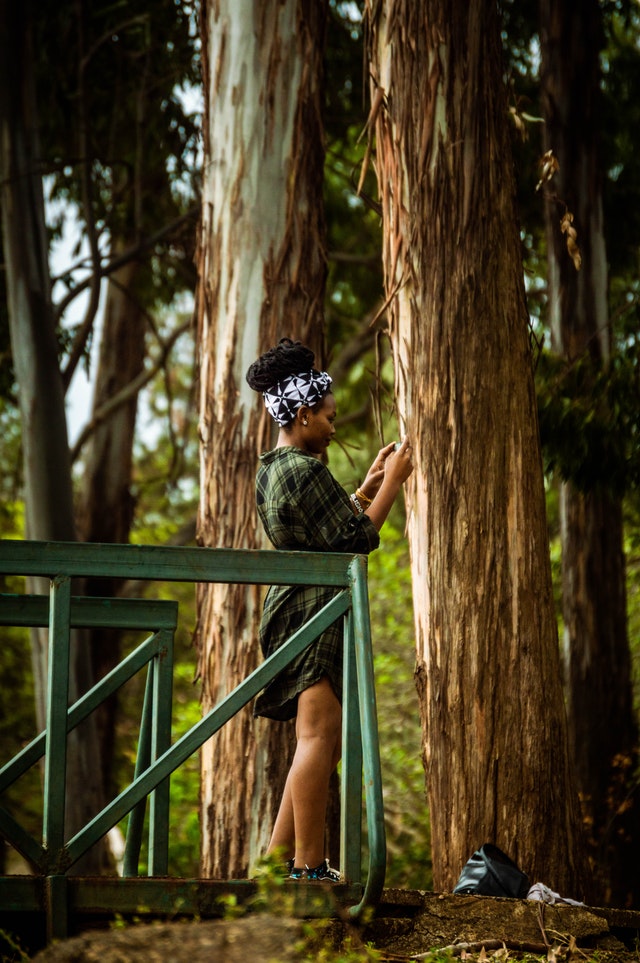
The burden of proof on the impoverished claimants in the offensive approach is too high
There are dozens of instances in which TK has been misused due to the lack of obvious proprietary rights and commercial benefits denied from the true beneficiaries. And while offensive strategies to obtain financial compensation retroactively and defensive strategies somewhat empower TK holders under the existing IP system, neither approach is ideal or adequate. And though there exist some regional platforms that attempt to equitably distribute the commercial gains from TK, international enforcement mechanisms in key forums such as the World Trade Organization are not prevalent.
Troubles stemming from TK misappropriation have attracted the attention of the human rights groups since the 1990’s, who have in turn raised concerns with the policy makers. And though TK is finally being given its due deference both in domestic and international forums, there remain disparities. The people from the native communities of developing nations are the true victims of the inadequacies of the IP system. Because poor nations are ill-equipped to resolve this issue without assistance from the wealthy nations that are actually in power, only by applying the Human Rights Approach in a normative and substantive manner can we truly deliver justice (Ouma, 2016).
Conclusion
While on the one hand, traditional knowledge, and beliefs of developing nations are considered as folklore and non-scientific by Western nations (Kariuki, 2019), on the other hand these very nations have treated TK as unowned property available for unrestricted commercial exploitation and used it for their own advancement (Helfer,2003). The Western domination of technology in the post-colonial era through this two-pronged assault has stagnated the socio-economic development of many poor countries and resulted in their loss of sovereignty. The impact to human rights of the affected people is immeasurable.

Traditional Knowledge management is important not only to developing countries, but also to developed nations
While there is no denying that IP Law has spurred innovation through competition and improved the lives of many people, it has also adversely affected the lives of a few communities. We must thus ensure that any inequalities resulting from our current approach be stemmed. The international community must reconcile people with profits by prioritizing human rights and equal advancement for one and all.
Because of our interlinked world, Traditional Knowledge management is important not only to developing countries, but also to developed nations. Local governments as well as international bodies must reaffirm their commitment to the preservation of TK through establishing proprietary rights to the real TK holders. With regards to sharing in the commercial benefits of TK, a human rights approach that goes beyond the existing Intellectual Property model must be adopted, integrated and enforced either within the WTO or another multilateral forum (Castle and Gold, 2004).
The text of the UN Charter, “to employ international machinery for the promotion of the economic and social advancement of all peoples,” must serve as our guiding philosophy.
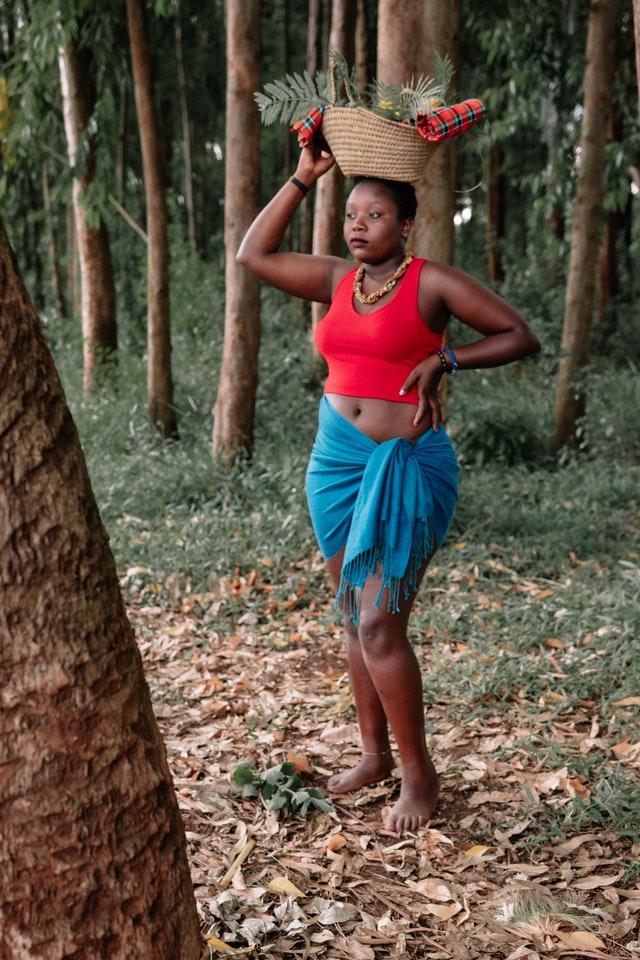
Ancient traditions were founded on the science and knowledge of their time, with deep consideration for nature and were intended to be utilized for the greater good of one and all. And with the passage of time, the innovations of today may very well become the traditional knowledge of tomorrow!
Written by Harini Varadarajan
References
- Pambazuka, O., 2010. Biopiracy, the intellectual property regime and livelihoods in Africa, https://www.ritimo.org/Biopiracy-the-intellectual-property-regime-and-livelihoods-in-Africa#:~:text=These%20include%20brazzeine%2C%20a%20protein,a%20plant%20in%20West%20Africa.
- Kariuki, F., 2019. Ideological conundrums and technical challenges in protecting traditional knowledge using the intellectual property system, Journal of CMSD Volume 3(2). https://journalofcmsd.net/wp-content/uploads/2020/01/Ideological-conundrums-and-technical-challenges-in-protecting-traditional-knowledge-using-the-intellectual-property-system.pdf
- Helfer, L.,2003. Human Rights and Intellectual Property: Conflict or Coexistence?, Minnesota Intellectual Property Review Volume 5 Issue 1 Article 2. https://scholarship.law.umn.edu/cgi/viewcontent.cgi?article=1399&context=mjlst
- Tarunika, J. and Tamilselvi, J., 2019. Traditional Knowledge and Patent Issues in India, International Journal of Pure and Applied Mathematics, Volume 119 No. 17 2018, pp 1249-1264. https://acadpubl.eu/hub/2018-119-17/2/105.pdf
- Castle, D. and Gold, R.,2004. Traditional Knowledge and Benefit Sharing: From Compensation to Transaction. 8th ICABR Conference. https://www.researchgate.net/publication/226410852_Traditional_Knowledge_and_Benefit_Sharing_From_Compensation_to_Transaction
- Goldfinger, C., 2007. The story of the basmati rice patent battle. https://sciencebusiness.net/news/72228/The-story-of-the-basmati-rice-patent-battle
- Ouma, M., 2016. Why and how to protect Traditional Knowledge at the International Level. Seminar on Intellectual Property and Traditional Knowledge, WIPO. https://www.wipo.int/edocs/mdocs/tk/en/wipo_iptk_ge_2_16/wipo_iptk_ge_2_16_presentation_11ouma.pdf
- Chennells, R., 2013, Traditional Knowledge and Benefit Sharing After the Nagoya Protocol: Three Cases from South Africa, 9/2 Law, Environment and Development Journal, p. 163. http://www.lead-journal.org/content/13163.pdf
Learn more about IP rights – COVID-19: Do Intellectual Property Rights Trump Human Rights?
